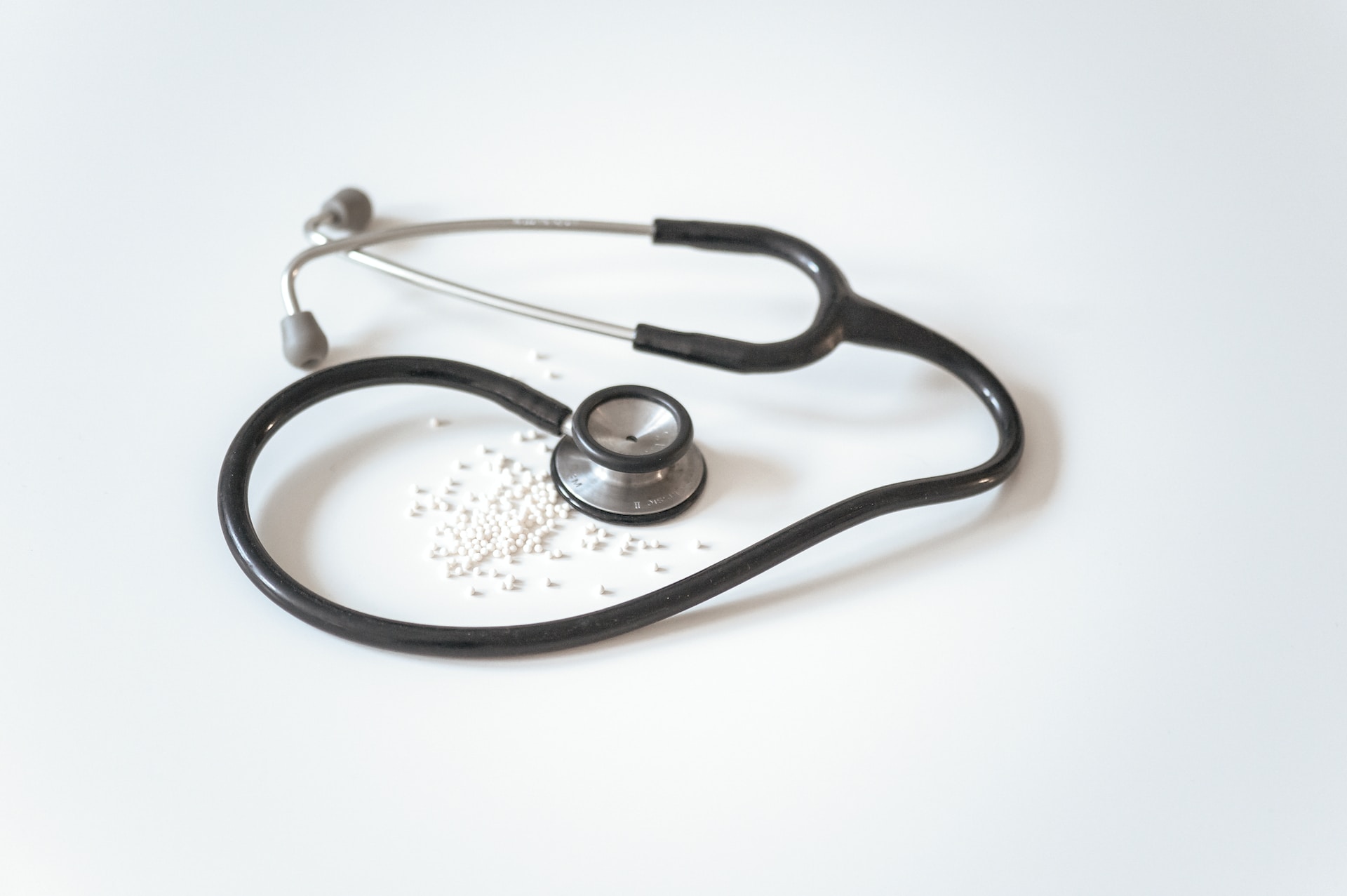Regular checkups play a vital role in maintaining and safeguarding our overall health. By scheduling regular visits to our healthcare providers, we can benefit from early detection of health issues, prevention and maintenance of diseases, and the establishment of a strong doctor-patient relationship. In this article, we will explore each of these aspects and emphasize the importance of prioritizing our health through regular checkups.
Early Detection of Health Issues
Regular checkups provide the opportunity for early detection of diseases and conditions, allowing for prompt intervention and treatment. During checkups, healthcare professionals perform various screenings, examinations, and tests to assess our overall health. These evaluations can detect health issues before noticeable symptoms appear, increasing the likelihood of successful treatment and improving prognosis.
For example, routine blood tests can uncover underlying conditions like high cholesterol, diabetes, and anemia. Additionally, regular mammograms and Pap smears for women can aid in the early detection of breast and cervical cancers. By catching these diseases early, treatment options are more effective and the chances of recovery are significantly improved.
Early detection not only benefits the individual but also helps to control the spread of infectious diseases. Through regular checkups, healthcare providers can identify and treat contagious illnesses, reducing the risk of transmission to others.
Prevention and Maintenance of Health
Regular checkups are crucial for preventing the development of diseases and maintaining overall health. During these visits, healthcare professionals can provide personalized advice on lifestyle modifications, such as diet and exercise, to reduce the risk of chronic diseases including heart disease, obesity, and diabetes.
Vaccinations also play a significant role in preventive healthcare, preventing the spread of infectious diseases like influenza, measles, and hepatitis. By receiving recommended vaccinations, individuals not only protect themselves but also contribute to achieving herd immunity, safeguarding vulnerable populations who cannot receive vaccines.
Furthermore, regular screenings and checkups allow healthcare providers to monitor and maintain our health. Through routine tests, such as blood pressure checks and cholesterol screenings, potential health issues can be identified early, enabling the implementation of necessary interventions or adjustments in treatment plans.
Establishing a Doctor-Patient Relationship
Building a strong relationship with a primary care physician is a crucial aspect of regular checkups. By consistently visiting the same healthcare provider, individuals benefit from continuity of care and personalized healthcare plans. These trusted relationships allow for a more comprehensive understanding of our medical history, family background, and unique healthcare needs.
Through regular checkups, individuals gain consistent access to medical advice and guidance, resulting in better health outcomes. Healthcare providers who are familiar with our medical history can offer tailored recommendations and treatments, promoting individualized care.
Moreover, regular checkups provide an opportunity for individuals to discuss any concerns or questions they may have about their health. Seeking medical advice promptly allows healthcare providers to address potential issues before they escalate, offering peace of mind and reassurance.
Conclusion
Regular checkups are essential for our overall health and wellbeing. Through early detection of health issues, prevention and maintenance of diseases, and the establishment of a strong doctor-patient relationship, we can take proactive measures to prioritize our health. By scheduling regular checkups with our healthcare providers, we invest in our long-term wellbeing and ensure a healthier future. Let us all make an effort to prioritize our health and book those crucial checkup appointments.



